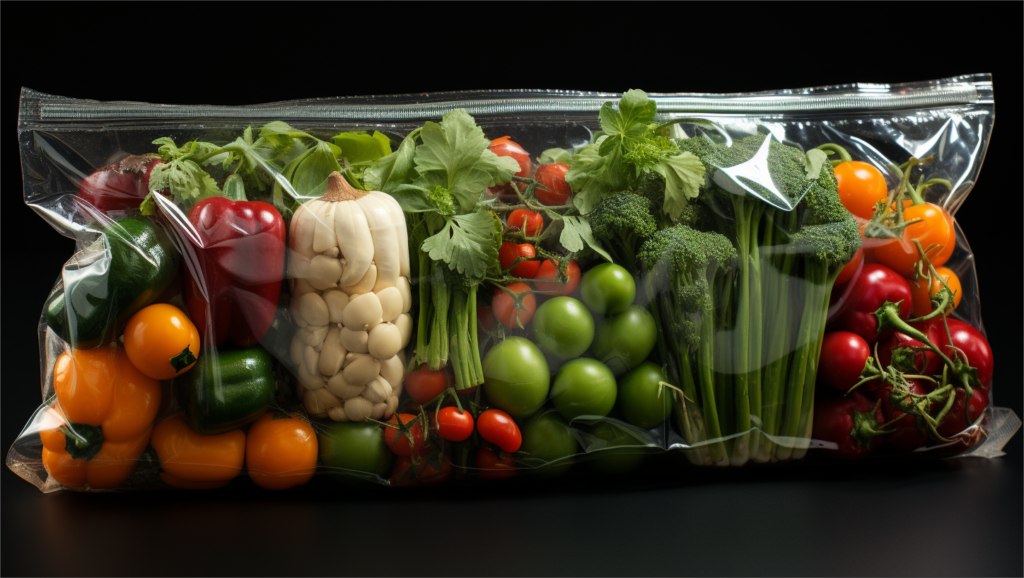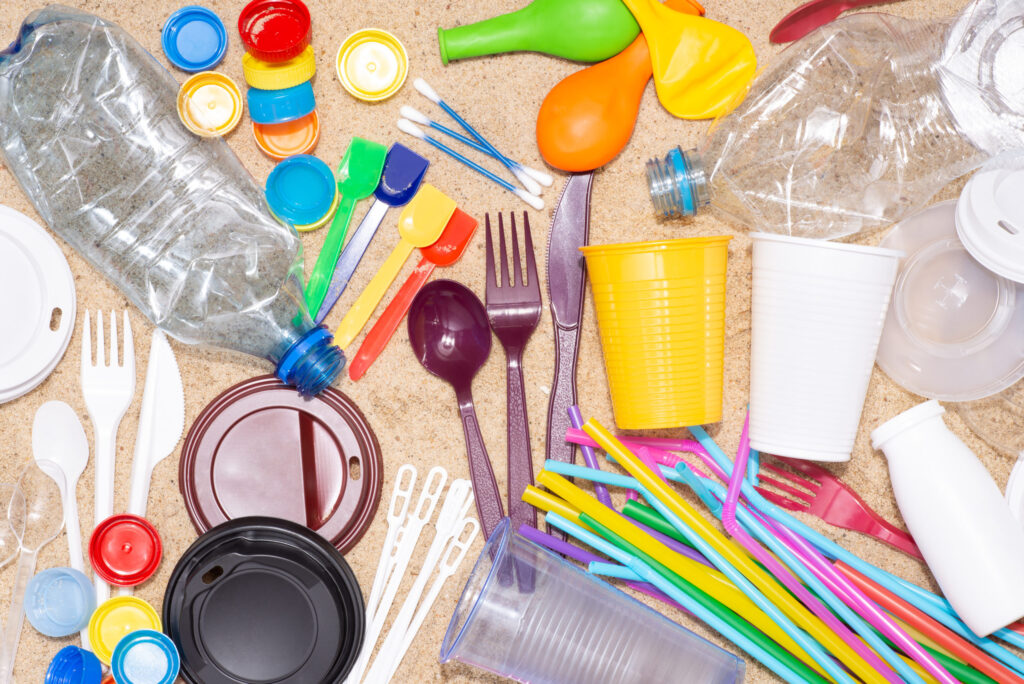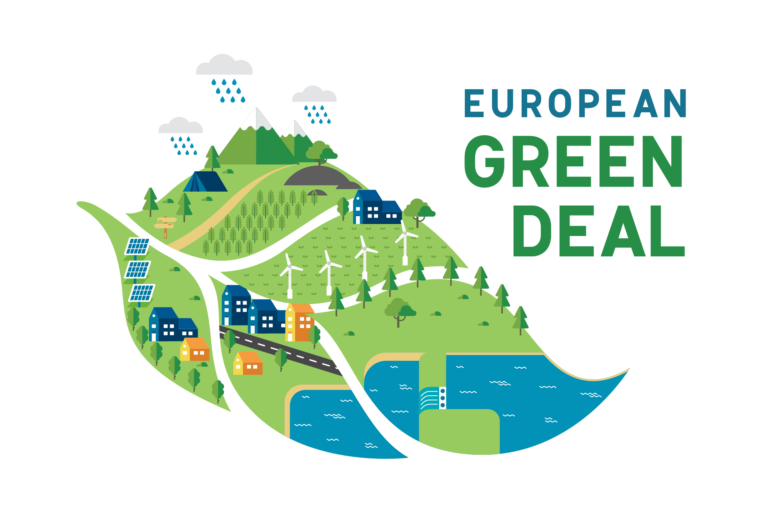As our planet faces an unprecedented environmental crisis, Europe is leading the way towards a sustainable future with its sweeping plastic restrictions.

You are invited to join this movement by learning more about the impact these regulations have on retailer supermarkets and retail stores.
From packaging adjustments to financial implications, get ready to discover how reducing plastic use can benefit both businesses and consumers alike.
Key Takeaways
- Retailers can benefit from cost savings by implementing sustainable packaging solutions and reducing plastic use.
- Plastic restrictions in Europe can lead to increased customer loyalty and trust, as well as improved brand reputation and responsible consumption.
- Retailers can adapt to reduce their environmental footprint by offering bulk bins and minimal packaging options, sourcing sustainably produced products, and implementing rewards programs for reusable materials.
- By promoting sustainability, retailers use plastic P.O.P displays that can be recycled,degraded by the environment, like polyethylene terephthalate glycol (PETG), and polylactic acid (PLA),which contribute to a healthier and more sustainable future, reduce plastic waste generated by retail stores, and create a better shopping experience for environmentally conscious customers.
Overview of European Plastic Restrictions
European plastic restrictions are a set of regulations that limit the use of plastic in order to reduce environmental pollution. These restrictions vary from country to country, but typically involve bans on single-use plastics such as grocery bags, straws, and cutlery. In addition, many countries have imposed taxes or fees on certain types of plastic packaging. The goal is to reduce the amount of non-recyclable waste that ends up in landfills and oceans.

Retailers and supermarkets are particularly affected by these restrictions due to their reliance on plastic packaging for products. Without access to single-use plastics, retailers must find alternative solutions that meet consumer needs while also being compliant with regulations. This can be challenging since they need to balance customer convenience with environmental sustainability.
Fortunately, there are several options available for retailers looking for ways to comply with European plastic regulations without compromising their bottom line or customer experience. From biodegradable materials like paper and cardboard to reusable containers made from recycled materials, there’s a wide range of packaging alternatives available for retailers looking to go green. As more countries adopt stricter policies around plastic usage, retailers must explore these options if they want to remain competitive in the global market. With the right strategy in place, it’s possible for retailers and supermarkets to make meaningful progress towards reducing their environmental impact while still providing customers with what they need and expect from their shopping experience.
The implementation of European plastic restrictions has forced retailers across the continent to rethink how they package products, how to organize their merchandise,and how they engage with customers about sustainability issues. By exploring new methods of sustainable packaging alongside consumer education initiatives, businesses can ensure that both shoppers and the environment benefit from these changes — paving the way towards a greener future for Europe’s retail sector as a whole.
Packaging alternatives, environmental recycled and degraded plastic material offer an effective solution for retailers looking to stay ahead of ever-evolving regulations while simultaneously demonstrating care for their customers’ wellbeing and our planet’s health too.
Packaging Alternatives for Retailers

You need to consider alternative packaging solutions for your business in light of the changing regulations. As a retailer, you know how important it is to have attractive packaging that customers will take home with them. With restrictions on plastic usage, you’ll need to find other solutions that meet customer expectations and comply with environmental standards.
Opting for biodegradable or compostable materials is a great option as long as they are certified by an appropriate regulatory body. These materials break down naturally without releasing harmful toxins into the environment, making them an ideal choice for eco-friendly retailers.
Another option is to move towards reusable containers such as glass jars and aluminum cans or bottles. This allows customers to bring their own containers back each time they shop, reducing waste while still providing a convenient shopping experience.
In addition, environmentally recycled material is a solution for the retail to present their merchandise, traditional plastic material will be forbidden, as most of them are disposed of,not friendly to the environment. Recycled plastic material will be reached promoting sustainability, which apply to the whole human living environment.
Finally, you could switch to paper-based packaging which can be produced easily and cost-effectively without contributing too much waste to the environment. Paper-based packaging also has the benefit of being able to contain liquids securely as well as offering good protection against knocks and drops during transit or storage.
No matter which solution you choose, transitioning away from plastic in response to European restrictions requires careful consideration of costs and customer needs before making a final decision. By taking these steps now, retailers can remain competitive while staying compliant with current regulations – paving the way for sustainable growth in the future.
With this in mind, it’s time to focus on supply chain adjustments for retailers next.
Supply Chain Adjustments for Retailers
Making adjustments to your supply chain is essential for retailers to remain compliant with changing regulations and continue to provide customers with an enjoyable shopping experience. As plastic restrictions become more commonplace, it’s important for retailers to make the necessary changes in order to keep up with the times. Understanding the ways these regulations may affect your supply chain can help you create a plan that ensures both customer satisfaction and profitability.
One of the most significant adjustments involved in meeting new plastic restrictions is finding suitable alternatives for packaging materials. Nowadays, many companies are turning towards sustainable options such as paper or cardboard instead of plastic wrappings and bags. Additionally, some retailers are experimenting with biodegradable materials like cornstarch and tapioca starch which can be used in place of plastic containers or cutlery. By making these changes, retailers will be able to maintain their competitive edge while also complying with environmental policies.
Furthermore, retailers must consider how modifications within their supply chains could impact production costs. For instance, investing in eco-friendly packaging may require additional monetary investment upfront but could save money in the long run due to reduced waste disposal fees and increased customer satisfaction levels from presenting a more responsible image. Additionally, streamlining production processes can help reduce waste from overproduction or excessive consumption of resources such as water or electricity which ultimately leads to cost savings over time.
Financial Implications of Plastic Restrictions
Adapting your supply chain to meet plastic restrictions can have considerable financial implications for your business. Whether you are a retailer or a supermarket, the cost associated with implementing new practices and technologies can be significant.
Here are four ways in which plastic restrictions might affect your bottom line:
- The cost of production may rise as manufacturers shift from traditional materials to biodegradable alternatives.
- New packaging requirements could increase shipping costs due to additional weight, size, and special handling requirements of the new materials.
- Your business may incur losses if you do not receive sufficient subsidies from local governments towards compliance with plastic regulations.
- If customers switch away from single-use plastics out of environmental concerns, sales of those items may decrease resulting in reduced revenue streams.
As a retailer or supermarket owner facing these financial implications, it is important to explore all options available for making adjustments to the existing supply chain while still meeting customer demands and regulatory compliance standards.
This will help ensure that your business continues to remain competitive in the market and profitable despite the new challenges posed by plastic regulations.
Impact on Consumer Habits
As plastic restrictions become more prevalent, consumer habits are beginning to shift in response. Shoppers are increasingly aware of their impact on the environment, and many are actively seeking out sustainable alternatives to traditional plastic packaging. Companies all over Europe have taken note, and now offer a variety of eco-friendly options for customers looking to reduce their environmental footprint. This includes things like reusable bags, biodegradable packaging, and even refillable containers that can be reused multiple times.
Retailers have also had to adapt by offering items such as bulk bins which allow customers to purchase only what they need without wasteful plastic packaging. There has been an uptick in businesses offering sustainably sourced products as well, giving consumers more options when it comes to shopping responsibly. Furthermore, some stores have gone so far as to implement rewards programs that incentivize shoppers who choose reusable or recyclable materials while shopping with them.
Not only do these kinds of initiatives help make retailers more environmentally friendly, but they also benefit consumers directly since they can avoid buying unnecessary plastic packaging altogether. However, not all shoppers are willing or able to make the switch due to budget constraints or lack of access to sustainable options in their area; this is where retailers come into play by providing incentives and promoting sustainability awareness among their customers.
With continued efforts from both sides, we can move towards a future that is free from single-use plastics and other unsustainable practices. Sustainable solutions for retailers provide the perfect opportunity for us all to work together toward a greener world!

Sustainable Solutions for Retailers
You can help reduce your environmental footprint by supporting retailers that offer sustainable solutions. By incorporating these practices, retailers can create a better shopping experience for customers while promoting environmental sustainability.
Here are three examples of how you can support retailers who are taking steps to be more sustainable:
- Shopping with reusable bags and containers
- Choosing products made from recycled materials
- Supporting brands that have adopted plastic-free packaging
These sustainable solutions make it easier for customers to make environmentally conscious decisions when shopping. This type of behavior encourages other shoppers to do the same, ultimately reducing plastic waste generated by retail stores. Furthermore, these actions demonstrate to customers that their retailer is committed to making a positive change in the environment.
By showing your support for these initiatives, you will be helping to create a healthier and more sustainable future for everyone.
Transitioning into the next section about the benefits of plastic restrictions for retailers, we will look at how companies can benefit from this shift toward sustainability.f
Benefits of Plastic Restrictions for Retailers
By limiting plastic use, retailers can reap a host of benefits that extend far beyond reducing their environmental footprint. Retailers enjoy cost savings when they switch to sustainable packaging solutions. These alternatives, such as paper or cardboard, are much cheaper than plastic and often require less energy to produce and transport.
Additionally, some governments provide incentives for businesses that reduce the amount of single-use plastics used in packaging.
Retailers can also benefit from reduced waste disposal costs associated with plastic reduction initiatives. By cutting down on the amount of plastic packaging they use, retailers are able to save money on waste removal services and reduce the need for additional garbage bins.
Furthermore, when consumers see that a retailer is taking steps to limit their reliance on plastics, it gives them a sense of belonging and trust in the company’s commitment to sustainability which can lead to increased customer loyalty.
Finally, by reducing their plastic usage levels retailers also make a statement about corporate social responsibility (CSR). Customers appreciate seeing companies making an effort towards sustainability and may be willing to pay more for products sourced from eco-friendly businesses. Switching away from single-use plastics also helps build brand reputation among customers looking for responsible consumption habits from their favorite stores.
Overall, there are numerous advantages associated with reducing the use of plastics in retail operations ranging from cost savings to improved customer relations; all while helping mitigate some major global issues like pollution and climate change too!
Frequently Asked Questions
What are the potential legal implications of plastic restrictions for retailers?
You know that plastic restrictions can be a legal minefield. Failing to comply with them can have serious implications for retailers.
As a business owner, you must pay attention to the laws and regulations surrounding this issue. Allusion to the penalties for noncompliance should motivate you to stay informed – ranging from fines and lawsuits to reputational damage.
Understanding the rules now will save you time and money later on. It’s also important to create strategies that ensure compliance, such as working with suppliers or investing in sustainable alternatives.
Doing so will help keep your business safe and open up new opportunities for growth.
How does plastic waste from retail stores affect the environment?
You’re likely aware of the effects of plastic waste on the environment. Our landfills are overfilled with single-use plastics that take hundreds of years to decompose, and it’s polluting our oceans too.
Retail stores contribute significantly to this problem, as plastic packaging accumulates quickly when selling products in bulk. This makes it difficult for recycling centers to process and often leads to a lot of plastic waste ending up in the environment.
Thankfully, there are steps being taken by retailers to combat this issue and reduce their environmental impact.
What are the long-term benefits of plastic restrictions for retailers?
You may be surprised to know that a whopping 91% of plastic isn’t recycled!
Long-term benefits for retailers of plastic restrictions include cost savings, improved sustainability credentials, and better customer engagement.
By reducing the amount of single-use plastics they use, retailers can cut down on costs associated with packaging materials and disposing of waste.
Furthermore, restricting plastic usage shows customers that they are committed to reducing their environmental impact. This can lead to increased loyalty and improved brand perception among customers who value sustainability.
How can retailers encourage customers to switch to more sustainable packaging alternatives?
Retailers can encourage customers to switch to more sustainable packaging alternatives by emphasizing the benefits of using them. They should explain why these alternatives are important for the environment and how they will benefit customers in the long run.
To showcase products with eco-friendly packaging, retailers can create attractive displays that highlight their sustainability. They should emphasize the convenience and ease of use of these products, making it clear that customers won’t be sacrificing anything by choosing them.
Incentives can also be offered to encourage customers to choose more sustainable options. Retailers can provide discounts or loyalty points for those who opt for eco-friendly packaging. Additionally, educational material about sustainability and environmental protection should be made available to customers, helping them understand the impact of their choices.
Lastly, retailers should ensure that their employees are knowledgeable about sustainable packaging. They should be able to answer any questions that customers may have and provide guidance on making sustainable choices.
What additional costs are associated with transitioning to plastic-free packaging?
Making the switch to plastic-free packaging can come with some additional costs. You may need to invest in more sustainable materials and processes, as well as changing your production lines. There’s also potential for higher shipping costs if you’re using heavier or bulkier packaging material.
But there are ways to offset these costs by offering incentives for customers who choose eco-friendly options, such as discounts or loyalty points.
Ultimately, the long term benefits of transitioning away from plastic far outweigh any short term financial considerations.
Conclusion
You’ve seen the impact that European plastic restrictions have had on retailers and retail stores. From supply chain adjustments to financial implications, it’s been a big adjustment for businesses.
One interesting statistic is that, according to recent research, 66% of shoppers are now more likely to purchase from a retailer that offers products in sustainable packaging.
By taking advantage of plastic restrictions and implementing sustainable solutions, retailers can benefit from happier customers and an improved bottom line.



